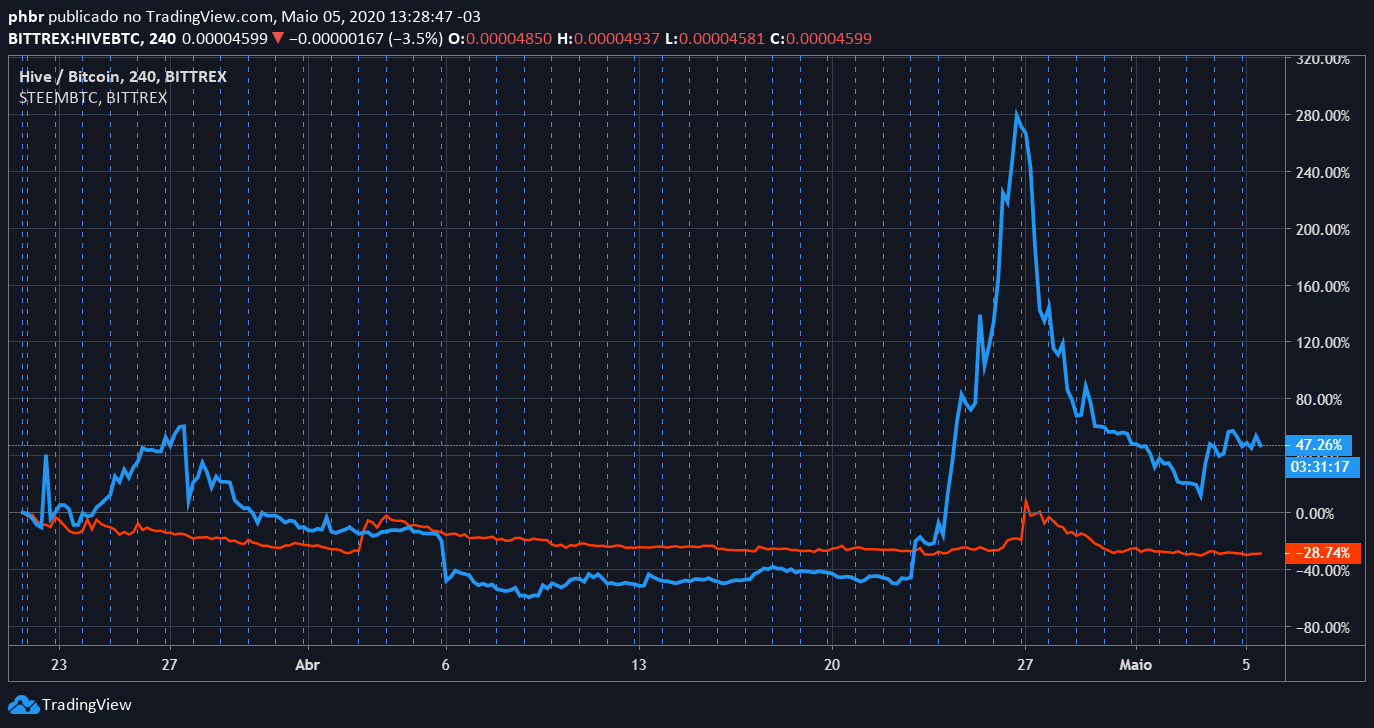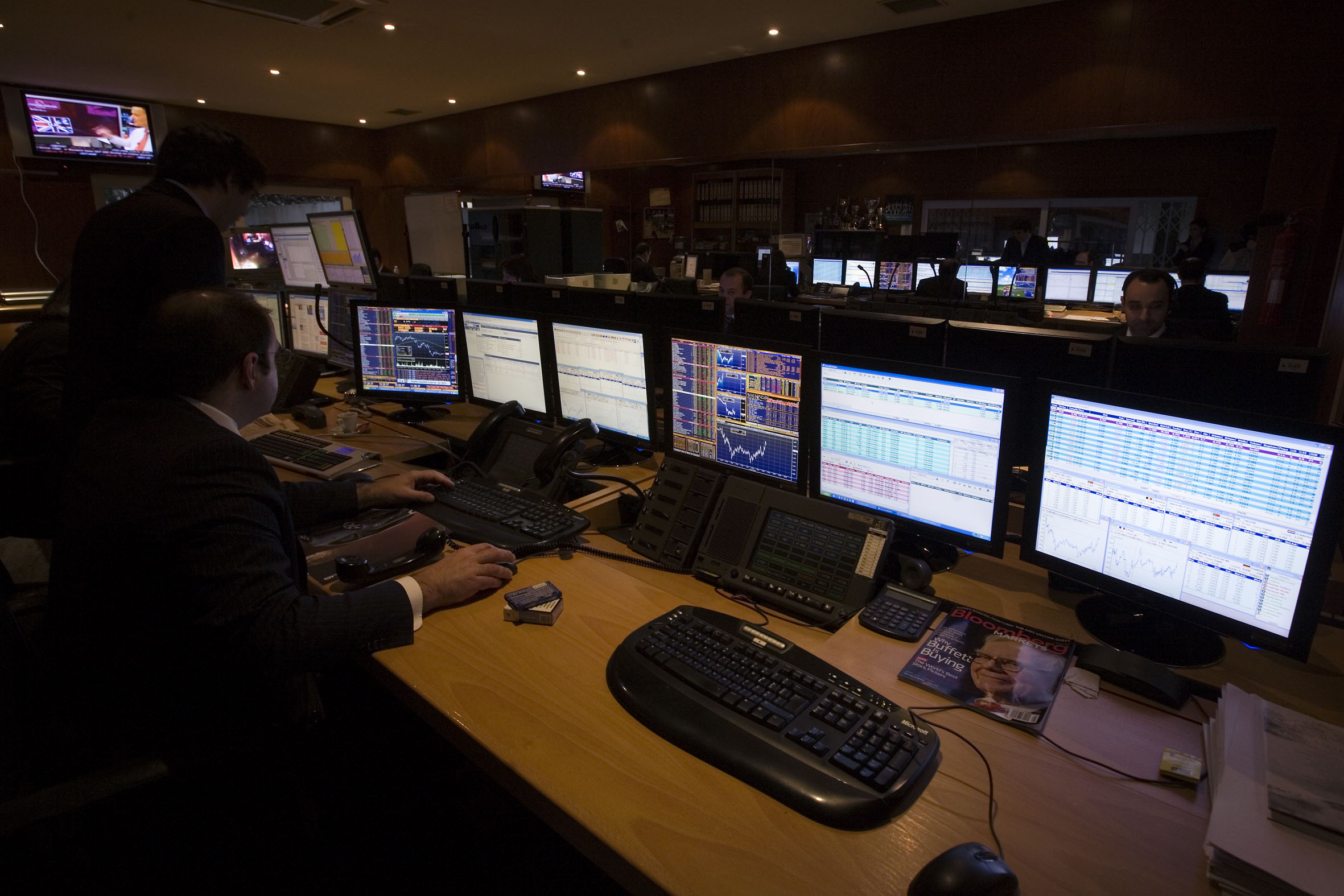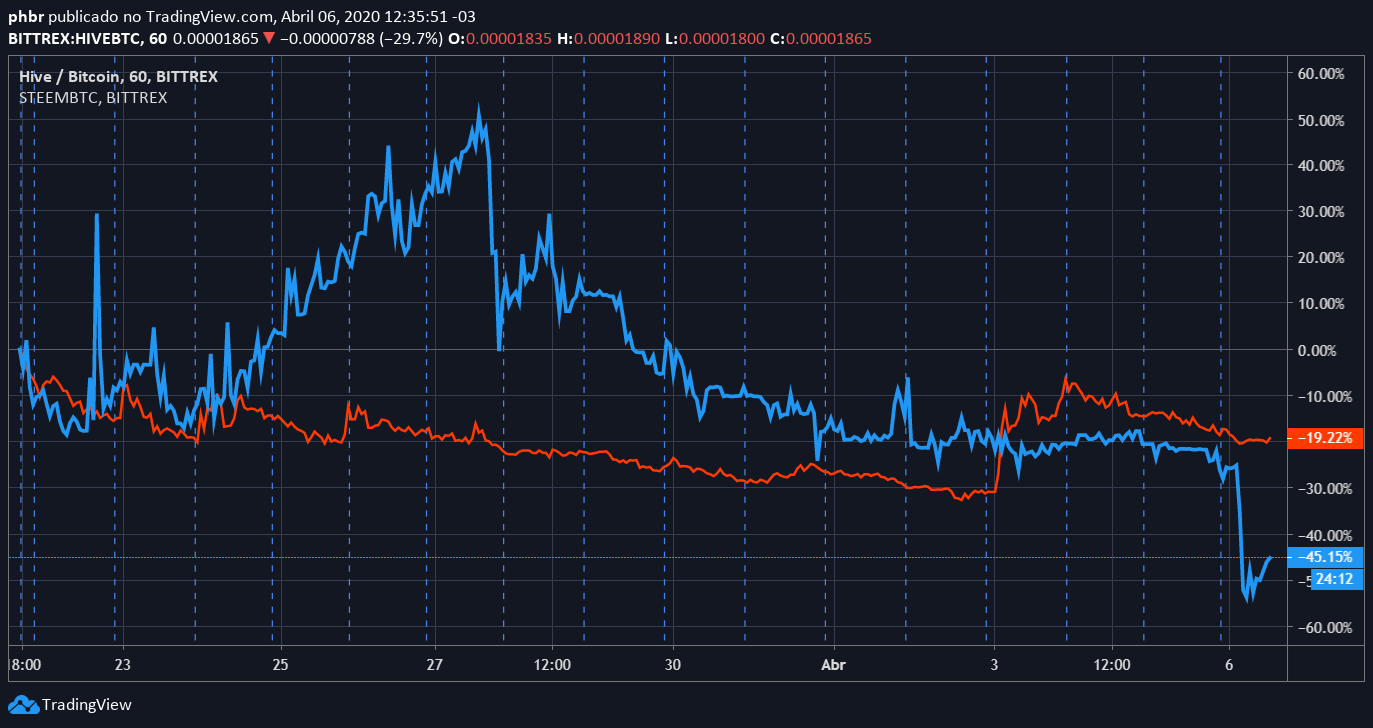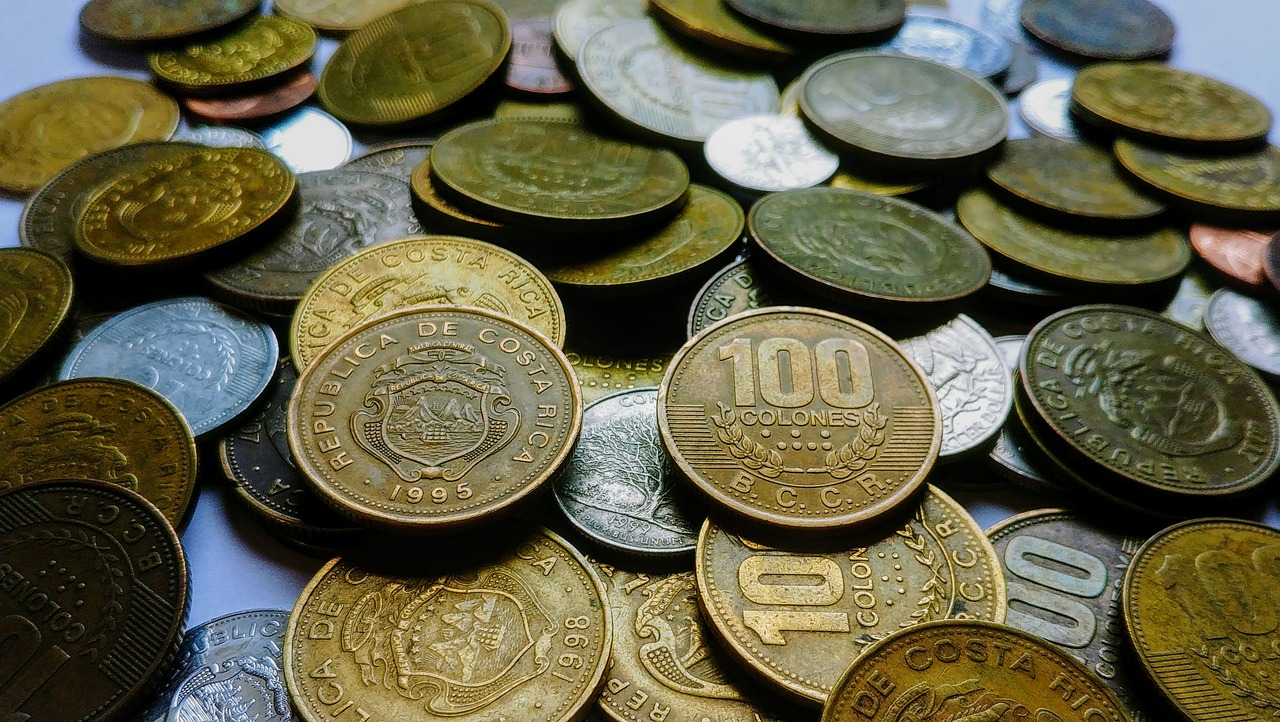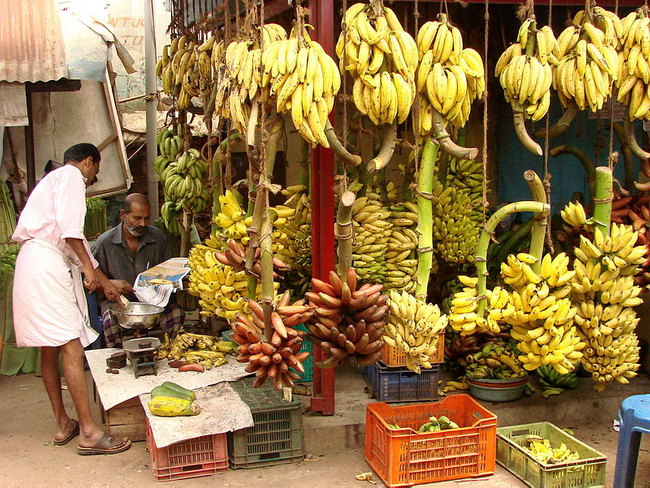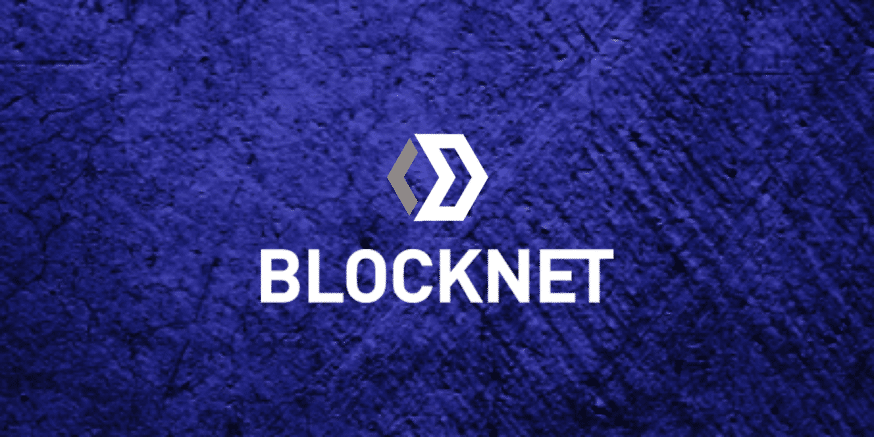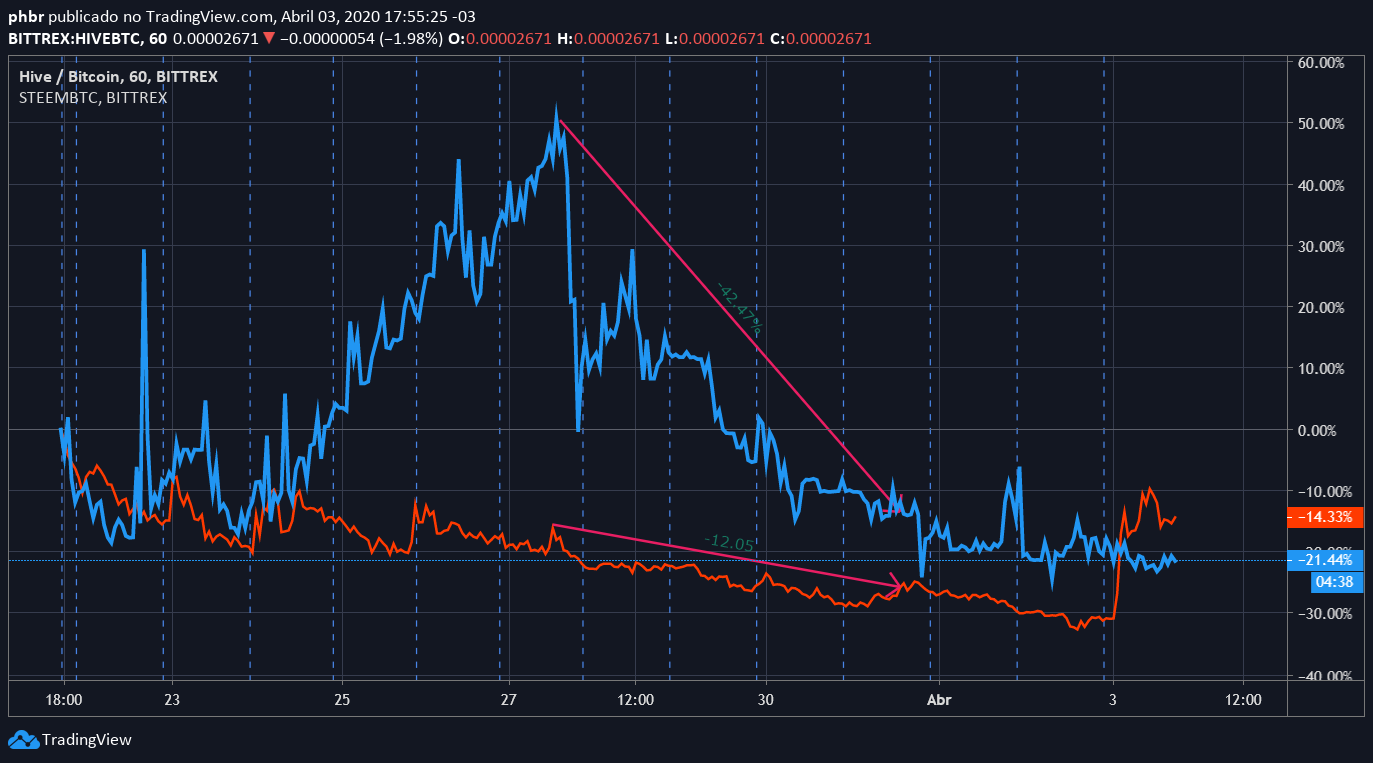Want to know what this post is about? Click Here

Market start date
February 19, 2018
What is it and what is the proposal
DADI is an ERC20 token in the Ethereum network, initially distributed through Crowdsale between January 22, 2018 and February 18, 2018, and according to official page, has the objective of being a decentralized cloud platform focused on applications and web services.
According to its developers, DADI will have the following functionalities:
- Publishing and content platforms
- Content Manipulation and Distribution
- Mobile Applications
- Products "always on"
- Subscription Services
- Sensitivity to costs (90% savings)
- Content Classification
- Customer relationship management
- Ecommerce
- User experience and "machine learning"
- Big data
The conceptual basis of DADI is the architecture of fog computing that "consists of allocating processing power closer to the edge of the network" (Source: Wikipedia), with the main part of all processing of the data being closest to the user.
DADI is an acronym for "Decentralized Architecture and Democratic Internet"
According to the official website, the companies Whatcar, Monocle, Empire, Virgin Limited Edition, and Lifestyle.one has already employed the technology in their daily business.
The team
The DADI development team can be seen here.
The team seems to be legitimate, with personal pages, LinkedIn profiles, and active Twitter accounts.
Code Type
The DADI Code is open-source, and is available at github, with each module having its own page.
Products Already Available
Publish
Content publishing application with optimized interface for editorial work.
API
Platform for API development
Web
Layer of web page creation
CDN
Web Asset Handling and Content Distribution Solution
Full platform launch forecast
Fourth Quarter 2018
Transaction Processing (Mining)
There are 3 "categories" of participation in the DADI (Mining) network:
Stargates
They have the function of domain routing, and negotiate rates with consumers, and are rewarded by getting a percentage of all fees paid by consumers.
Participation in this mode requires a large amount of tokens, and a large network bandwidth capacity.
These nodes are also chosen by the DADI team.Gateways
They are aggregation points of the Hosts, and negotiate the fees with the Hosts.
They contribute with bandwidth, and provide a framework for the processing of hosts.
They are rewarded with a percentage of all fees from all Hosts connected to them.
The availability of gateways is managed through a "bandwidth test", where periodically their activities are reported and compared to the activities and connectivity of the Hosts, updating a reputation system that prioritizes the best Gateways.
You also need to lock a large number of tokens.Hosts
They are the nodes that perform the "proof of work", contributing with computational power, and are rewarded for their participation in the network.
It is necessary to lock a small amount of tokens to participate this way.
Whitepaper Highlights
Network operation
Network participants are divided into 3:
Consumers
Are the users of the networkGateways
"Miners" that act as aggregation points, and provide the bandwidth for the network, and are the entry points of consumer requests.Hosts
"Miners" that provide computing power for processing transactions.
Creation and distribution of tokens
Tokens were created in a single event, and no other token will be created, and thus the total DADI tokens offer is limited to 100,000,000 DADIs.
Consumers will be charged in DADI during the use of the web services, this fee being divided between the Hosts, Gateways, a fund for connectivity maintenance and for the DADI team.
My verdict
The provision of cloud web services seems to me to be a very suitable area for the development of applications based on a decentralized network.
The DADI team have a very interesting project, with some already developed products, and real cases already in application. This gives them a certain advantage over other platforms that are still in the "promises" phase,
If the team is able to attract a fair amount of people interested in participating in the network as Hosts and Gateways, it is likely to become a network fast and stable.
This can also have an extremely positive impact on the price of the services that will be made available, because as there will be no "processing center", all the cost related to the structure will be very low, and paid directly to those who wish to provide their bandwidth or computational power for such.
And since the processing points are decentralized, this may create greater security in the inviolability of those transactions.
Points of Opposition
The Crypto Briefing website have a negative rating on DADI. Apparently, a Reddit user pointed that the DADI whitepaper was plagiarized from the SONM whitepaper. The post and comments on Reddit are completely erased at the moment.
Other issues raised were that DADI had announced a partnership with XRB, which was denied promptly in Twitter and that the websites they claim to have been built on the platform were built on AWS
Another interesting point to note is that there are many blockchain-based cloud computing projects (such as SONM itself, which DADI was accused of having plagiarized the whitepaper), so the competition is quite large in this area.
